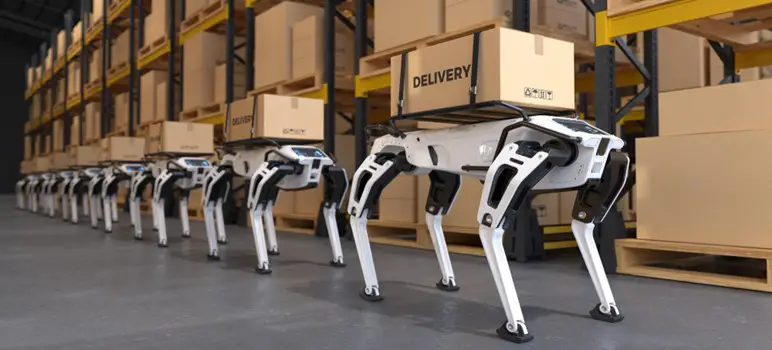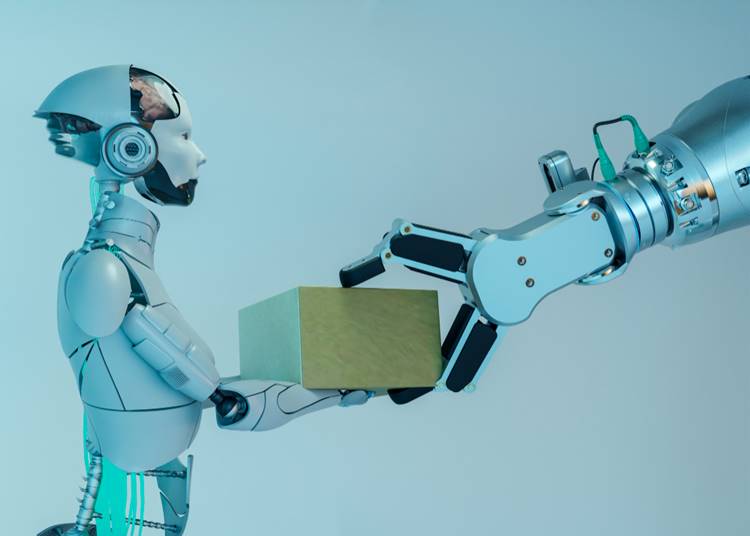In today’s rapidly evolving technological landscape, businesses are constantly seeking innovative ways to improve productivity, streamline operations, and stay ahead of the competition. One such cutting-edge solution gaining prominence is cognitive automation. This powerful blend of artificial intelligence (AI) and robotic process automation (RPA) empowers organizations to automate complex tasks, enhance decision-making processes, and achieve unprecedented levels of efficiency.

What is Cognitive Automation?
It refers to the application of AI technologies to automate tasks that traditionally require human intelligence. Unlike traditional automation, which relies on predefined rules and structured data, it leverages advanced machine learning algorithms to simulate human cognitive functions. It enables systems to perceive, reason, learn, and make autonomous decisions in complex and unstructured environments.
Read also: The Benefits of Business Automation
Benefits of Cognitive Automation
1. Enhanced Efficiency
By automating repetitive and mundane tasks, it frees up valuable human resources, allowing them to focus on more strategic and creative endeavors. This leads to increased productivity and improved operational efficiency.
2. Improved Accuracy
Human errors can have significant consequences in critical processes. Cognitive automation reduces the risk of errors by leveraging advanced algorithms that can analyze vast amounts of data with precision and consistency.
3. Intelligent Decision-Making
This knowledge-based approach systems possess the ability to analyze and interpret data, extract valuable insights, and make intelligent decisions. By integrating cognitive capabilities into decision-making processes, organizations can achieve faster and more informed outcomes.
4. Scalability and Flexibility
Cognitive automation can scale effortlessly to handle large volumes of data and tasks. It can adapt and learn from new information, making it a flexible solution that can keep pace with evolving business needs.
Read also: Benefits of Artificial Intelligence in Business
Applications of Cognitive Automation

1. Customer Service
Cognitive automation can revolutionize customer service by automating support ticket categorization, sentiment analysis, and even chatbot interactions. It enables personalized and efficient customer experiences, leading to higher satisfaction levels.
2. Finance and Accounting
It can streamline financial processes by automating tasks such as invoice processing, expense management, and financial reporting. This reduces errors, improves compliance, and accelerates financial operations.
3. Healthcare
In the healthcare sector, cognitive automation can assist in medical diagnosis, patient data analysis, and personalized treatment recommendations. It enables healthcare professionals to make accurate and timely decisions, leading to improved patient outcomes.
4. Supply Chain Management
By automating supply chain processes like inventory management, demand forecasting, and supplier communication, it optimizes operations, minimizes bottlenecks, and improves overall supply chain efficiency.
Read also: Greenhouse Farming Revolution – IoT and AI for Sustainability
Conclusion
Cognitive automation represents a transformative technology that empowers organizations to achieve higher levels of efficiency, accuracy, and innovation. By harnessing the power of AI and automation, businesses can automate complex tasks, augment human decision-making, and unlock new opportunities for growth. As the technology continues to evolve, embracing this knowledge-based approach becomes imperative for organizations aiming to stay competitive in the digital age.
